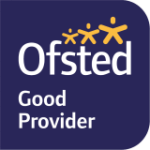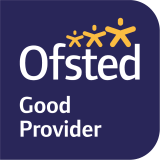The maths curriculum at The Kibworth School is a 5 year curriculum that links knowledge already studied at primary school to the knowledge that is required to continue study at A’level for those who wish to do so. Within this there are many strands to cater to students’ varied depth and speed of understanding. Students are put into broad sets in Y7 & Y8, and put in narrower sets in Y9 in line their depth and application of knowledge.
Within the maths curriculum students will study the skills that are necessary to understand the world around them and support the wider curriculum. They will be taught to reason, interpret and communicate mathematically. Teachers will regularly reference the wider uses of the maths students are studying in the classroom. Student work is assessed regularly to enable teachers to adapt the curriculum a class is studying to address gaps in knowledge that are needed to understand the level of mathematical knowledge. Problem solving is developed so students are able to rationalise their understanding within maths and across other subjects.
Retrieval tasks are built within the maths curriculum to improve the retention of knowledge and the interlinking of topics.
The maths curriculum addresses 5 key topics
- Number
- Ratio & Proportion
- Algebra
- Geometry
- Probability & Statistics
In every year students are exposed to these topics, but the weighting in each year will vary based on the student’s ability. This is particularly true from Y9 to Y11 where students specialise their learning towards either the foundation or higher tier for GCSE. In Y11 the curriculum is adaptive, each class has a bespoke curriculum written for them based on their prior understanding at the end of Y10 and the GCSE tier they are being entered for in Y11.




